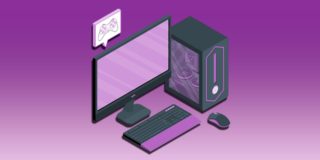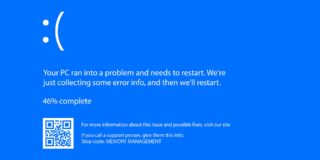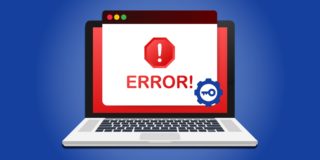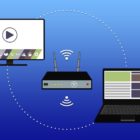How To Backup Data to a Blu-ray Disc
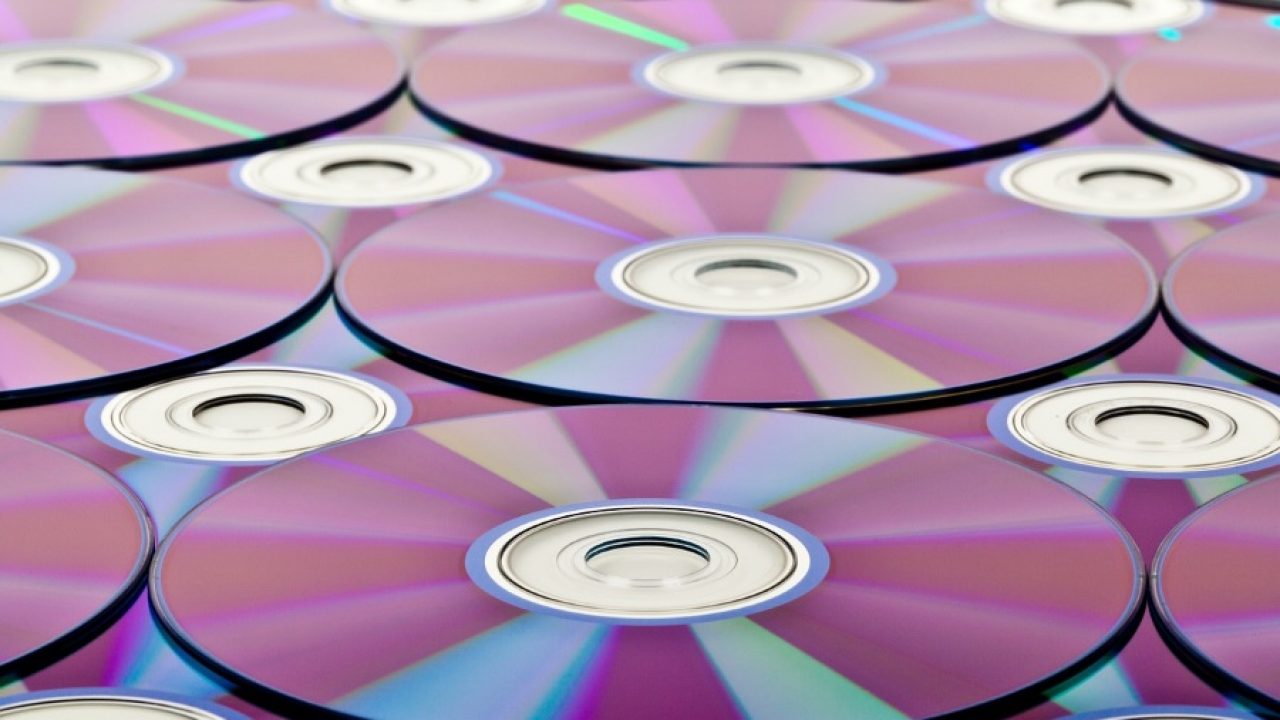
An interesting question arrived in the TechJunkie mailbox this morning. A question on backups but not the usual. This time, our reader wanted to know how to backup data to a Blu-ray disc. Backing up to disc is not usually how we do things so I thought this would make a great tutorial.
I still don’t think using a disc to backup data is the best way to do it but TechJunkie is all about the freedom of information. I will show you exactly how to backup to Blu-ray but will then offer perhaps more viable alternatives.
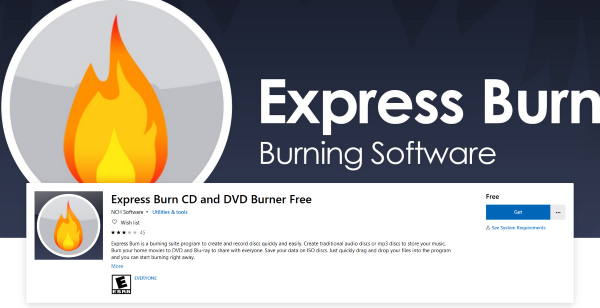
Backup data to a Blu-ray disc
For the purposes of this tutorial, I’m going to backup my photos from my Windows 10 PC to a Blu-ray disc. That way, if anything should happen to my storage drive, I will always have copies of my photos. A standard Blu-ray disc can hold up to 25GB of data so is a viable backup medium for home use. They are also cheap and robust, both of which help for backups.
If your PC has a Blu-ray writer then you’re set. You will also need some writable or re-writable Blue-ray discs for this to work. They are referred to as Blu-ray Disc Recordable (BD-R) or Blu-ray Disc Recordable Erasable (BD-RE). Recordable are one shot writeable while Erasable can be reused. Either will work.
Finally, you will need Blue-ray writing software to do the heavy lifting. There are a few programs out there capable of this. They include Express Burn CD and DVD Burner Free, Burnaware, Leawo Blu-ray Copy, Wondershare DVD Creator and others. I’ll use Express Burn CD and DVD Burner Free as it’s available in the Windows Store and is free.
- Collate all the files you want to back up into a single file or folder. Compress if necessary into a single file.
- Download and install Express Burn CD and DVD Burner Free or your program of choice.
- Open the software and select the type of disc you want to create. I chose Data Disc for my image backup.
- Set your Blu-ray drive as the destination.
- Set the file you want to back up as the source.
- Select Burn Data Blu-ray in the bottom right corner when you’re ready.
The software will compile and then write the disc. You will hear the usual optical drive noises and see a progress bar within the program. Once complete, the drive will eject the disc. Remove the disc and clearly label it so you know what’s on it. Then store it somewhere safe. There is no point having a backup right next to your computer as it could get damaged.
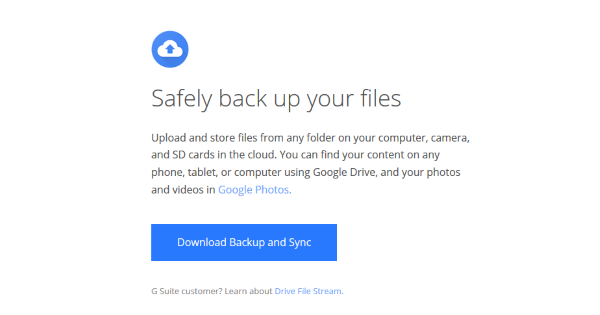
Other ways to back up your data
Optical drives are legacy tech and while there is nothing wrong with using it while you can, it isn’t the most efficient way to back up a computer. While capable of storing 25GB, that’s fine for some things like my images, but likely not enough for other things like games and some programs. You can split files over multiple Blu-ray discs but that just gets messy.
There are other ways to back up your data that make more sense.
Removable drives
Portable or removable hard drives are a cheap and easy way to back up your stuff. You can buy a 1TB Seagate expansion disk for less than $60 right now and that should be enough for most uses. I have one of these as my second backup and while it is an HDD and not an SDD, it’s fast, quiet and gets the job done.
USB 3.0 makes this drive even more viable as a backup option. You don’t need any software and can simply drag and drop files and folders onto it once formatted.
Cloud storage
Cloud storage is also a very viable backup method. OneDrive isn’t very good and is prone to locking up but it is free and comes included with Windows. Google Drive is also free and has a neat Sync app that installs onto your computer to keep your files up to date. I use Google Sync for work and it backs up my Work drive every ten minutes. As I have 15GB of free storage, space isn’t an issue either.
Cloud storage isn’t so practical if you’re on a metered connection or use mobile data. Otherwise, it can be integrated into your computer and backup your stuff without you even knowing.
Both removable drives and cloud storage are both viable backup mediums if you don’t have Blu-ray or any optical drive in your computer. Either way, making sure you have regular, up to date backups is an essential part of modern computing. With all our memories, music, movies and more being digital, keeping them safe is more important than ever!




